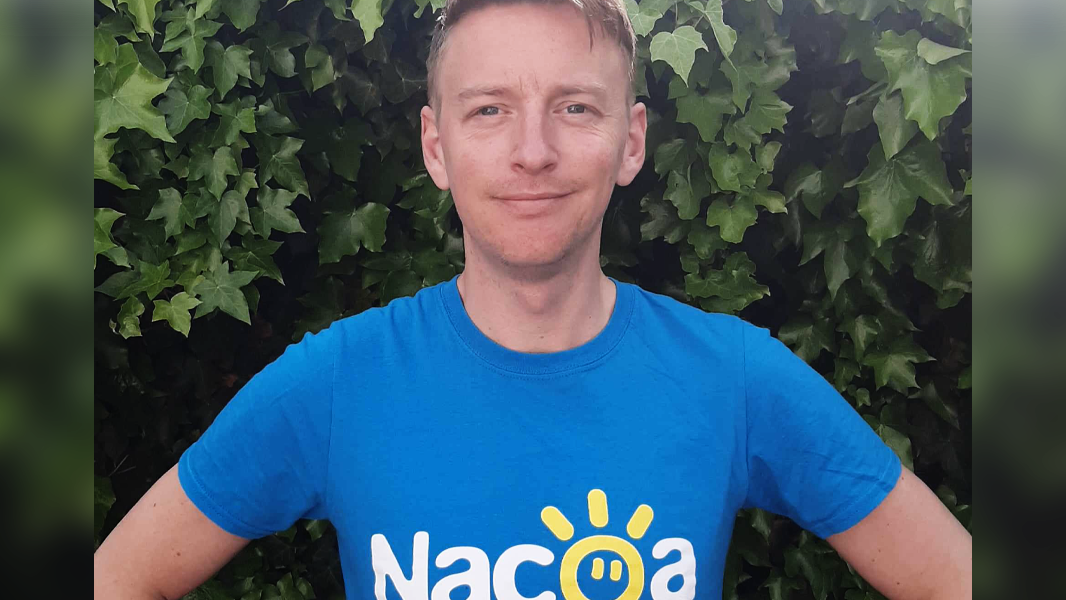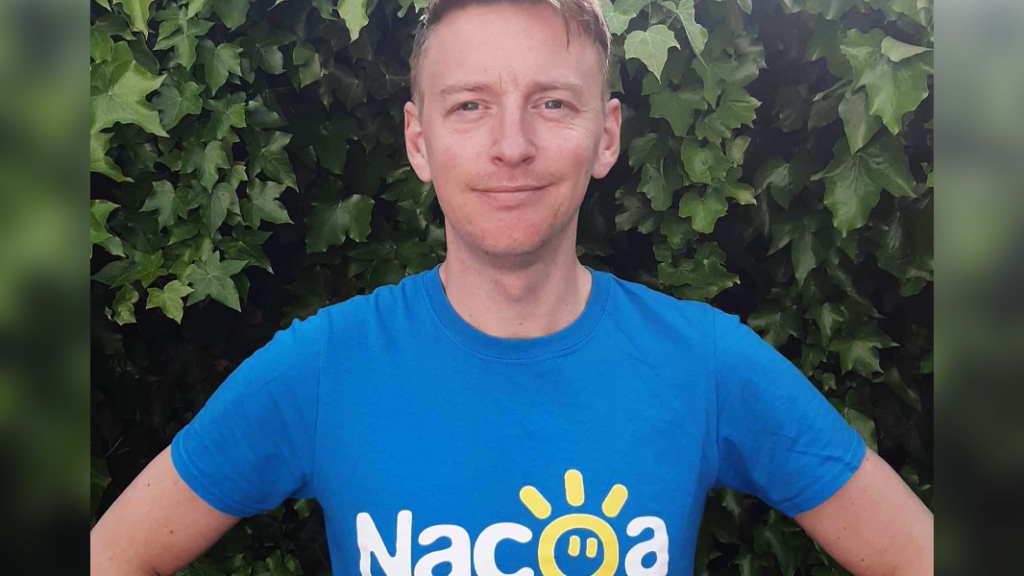

Alcoholism – Our family secret
In May, I ran the Bristol 10k in aid of Nacoa—the charity that provides information, advice and support for everyone affected by a parent’s drinking—because my dad is an alcoholic.
Back in the 1980s and 1990s, my middle-class family probably looked pretty ‘normal’ from the outside: my sister and I grew up in a nice house on the outskirts of Bristol. We were well provided for and encouraged in our education and interests (piano lessons and FIMO modelling for my sister — am-dram and a mercifully short stint with the cornet for me). Below the surface, though, there was a family secret.
Dishonesty around drinking
From a young age, and before I even knew what alcoholism was, I understood that ‘The Pub’ and ‘The Booze’ were the cause of conflict in our house. When I was a child, my dad was never a rolling-on-the–floor drunk.
Back then, it wasn’t necessarily the amount he was drinking that upset me, but the dishonesty surrounding it: he wasn’t in the office when my mum called. He ‘forgot’ appointments he was meant to be at. He said he hadn’t had a drink, when it was clear he had. He’d often be late home—brushing his teeth as soon as he got in—and it wasn’t unusual for me to ask how many people to lay the table for at tea time.
There were the times he’d pick me up from a friend’s house on a weekend and we’d stop in a pub or beer garden for him to have a pint. He’d ask me not to tell my mum about these pit stops and it made me uneasy to be caught between them.
Then there were his solo trips to the supermarket or the tip that took hours and were always the start of an argument that could last days or weeks.
There were the bottles of wine I found stashed in my bedroom drawers when I came back from uni over the holidays, which he denied all knowledge of. There were dinners eaten in silence and, the other end of the spectrum, blazing rows, slammed doors and smashed plates.
Keeping up appearances
When we had visitors, we were good at putting on the facade of being a functional—if not happy—family and I would long for relatives to stay longer to extend this period of peace.
In later years, though, this facade was dropped and my parents made little effort to mask the cracks in their relationship. With more experience of my dad’s drinking, people were less inclined to visit and my parents were rarely invited anywhere together. Their world shrank.
Retirement and divorce
While he was still working, my dad stopped driving to the office, choosing instead to cycle the 13 miles there and back. Partly because of the health benefits, but also because—without his car—he didn’t need to limit his drinking. He took early retirement at 50 and, with no plan for that expanse of time, ended up drinking—and isolating—more and more.
When my parents finally divorced in their late sixties, my dad moved into a flat and, left entirely to his own devices, his drinking soon progressed.
When before he used to drink beer and wine, he then switched to drinking neat whisky in large quantities. He cancelled plans at the last minute, often telling far-fetched stories as an excuse, and subtly stopped us ever going to the flat.
When this began to arouse suspicion, my sister and I turned up unannounced and were devastated at what we discovered. The place was a mess.
The kitchen floor was covered in empty whisky bottles, there was leftover food all over the place and mounds of cigarette butts stacked up on the windowsill. He’d completely given up on any semblance of self-care and now, four years later, he has declined even further.
Stigma around alcoholism
My dad’s alcoholism was a secret I kept from everyone when I was younger. I kept a diary periodically when I was growing up and an entry from when I was about 12 reads cryptically Dad went where he was supposed to tonight.
This referred to the AA meeting I accompanied him to in our town and sat outside for the hour he was in the meeting. Bearing in mind some of the cringey stuff I wrote in that diary (I still can’t bear to reread some of that ‘poetry’), it’s clear his alcoholism was something I didn’t want anyone to find out about. Ever.
I came out as gay at 17, but it’s only in recent years that I’ve felt comfortable saying I’m the child of an alcoholic. Part of that is due to the shame and stigma around alcoholism, but also lack of awareness and understanding.
Growing up, I didn’t see dad as an alcoholic because he wasn’t slurring his words, falling down or violent (all the things TV told me alcoholism was about). He had a job, we had a nice house, two cats, summer holidays and a trailer tent.
But, really, none of that is relevant. My dad is an alcoholic because he has lost the power of choice around alcohol. One drink is too many and 100 isn’t enough.
Accepting the present
What’s been increasingly difficult in recent years is associating the dad of my childhood with the man he has become. When I was growing up, my dad encouraged me to befriend classmates who were being bullied, to invite them over for tea. He was generous with both his time and his money (often gladly driving me across town to buy MegaDrive games from Trade-It).
He was funny, supportive (often signing birthday cards to me with ‘Your number one fan’) and interested in what was going on in my life. He could put his hand to anything DIY, from shelving to decking, with incredible results.
Alcoholism has ravaged this version of him. Seeing Dad now stirs up feelings of sadness, frustration, anger and pity and it’s taken time to understand that addiction is not a moral issue. My dad is not—and has never been—a bad person. But he is an alcoholic.
The lasting effects of alcoholism
Growing up in an alcoholic home made me good at keeping secrets. It’s made me comfortable living a double life. It’s made me hyper-vigilant of other people’s moods and want to always keep the peace, to avoid conflict and to instinctively place other people’s needs ahead of my own.
At 40, I may no longer be a child, but I am still the child of an alcoholic and I always will be. I’m proud to support Nacoa so their work can help other children of alcoholics—whatever their age—know that they are not alone.
I’ll be taking part in the Badminton Tough Mudder in August to raise funds for Nacoa. If you’d like to donate.
Here’s my JustGiving page.
Liam
For more experience stories, go to Support & advice.
This piece was published during Alcohol Awareness Week 2023.

























































































